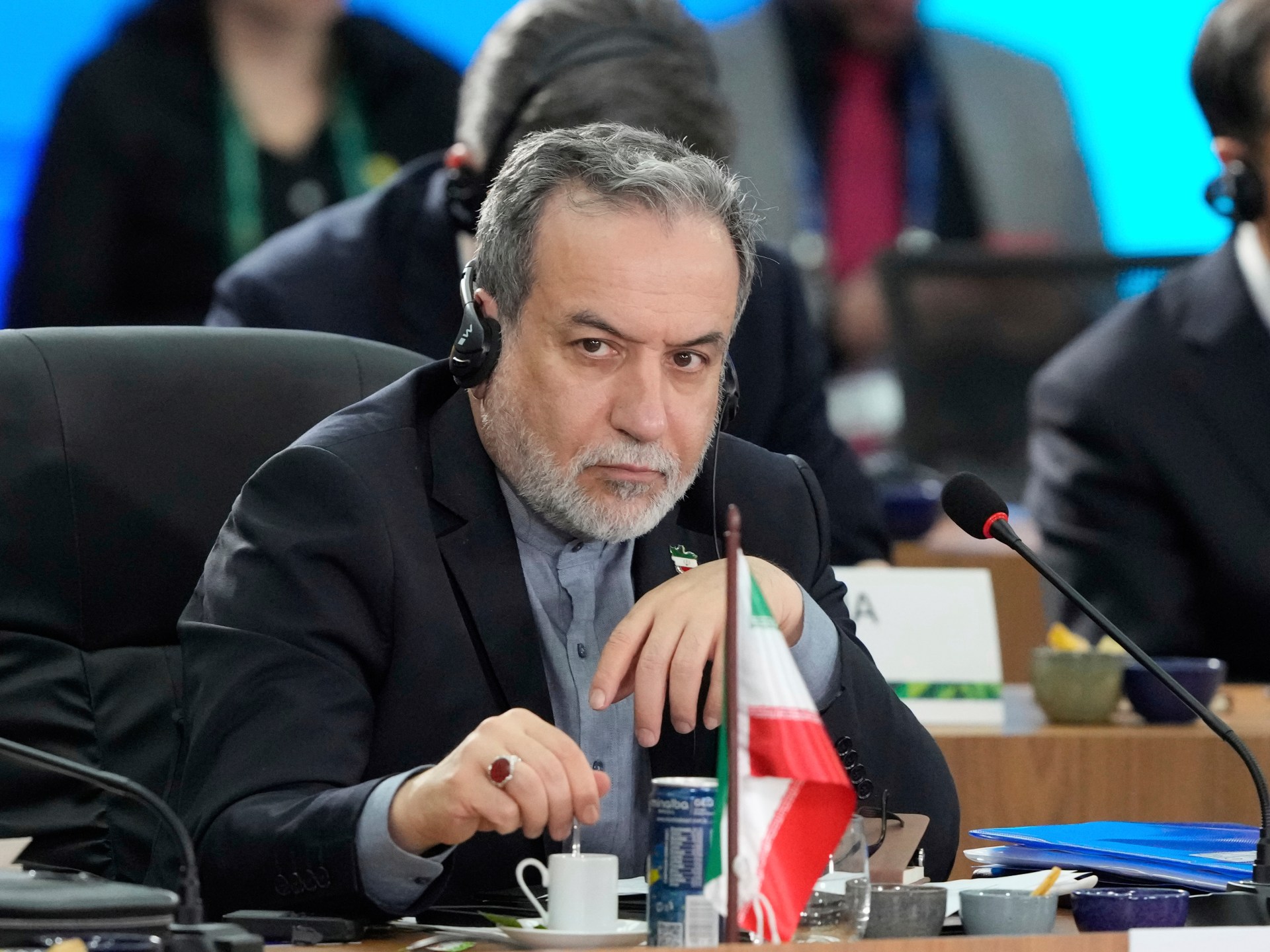On the eve of a crucial meeting with European nations that are considering reimposing nuclear sanctions, Iran has reiterated its right to enrich uranium.
The meeting will feature Kaja Kallas, the European Union’s foreign policy chief, along with officials from Britain, France, and Germany, who are known as the E3 countries.
It will be the first time since Israel’s mid-June attack on important Iranian nuclear and military installations ended a 12-day conflict with a ceasefire on June 24.
According to Iranian Foreign Minister Abbas Araghchi, “especially after the recent war, it is important for them [European countries] to understand that our uranium enrichment will continue.”
Three Iranian nuclear facilities were hit overnight between June 21 and June 22 as a result of the American-led offensive.
Just two days before Tehran and Washington were scheduled to resume negotiations on Iran’s nuclear program, Israel launched an attack on Iran.
Tehran’s deputy foreign minister Kazem Gharibabadi stated on Thursday that if Washington took decisive steps to rebuild trust, it would be willing to hold further discussions with the US.
Gharibabadi added that Tehran would need to “severe key principles” to be upheld in a social media post.
He cited “regaining Iran’s trust,” noting that “Iran has absolutely no trust in the United States,” and that “there could be no room for hidden agendas like military action, though Iran is fully prepared for any scenario.”
A 2015 nuclear agreement between Iran and China, France, and Germany, which placed significant restrictions on its atomic activities in exchange for the gradual lifting of UN sanctions, was signed by the United Kingdom, France, and Germany, along with China, Russia, and the US.
However, in the first year of Donald Trump’s presidency, the US unilaterally withdrew from the deal and reinstituted its own sanctions.
The 2015 agreement was still in effect and the countries of Britain, France, and Germany all pledged to do so.
They have since called on Tehran to uphold its commitments and have threatened to reimpose sanctions on Iran, which will be a big deal if the agreement expires in October.
Iran is the only non-nuclear-armed nation currently enriching uranium to 60%, according to the IAEA, the UN’s nuclear watchdog, far exceeding the 3.67 percent cap established by the 2015 accord. A nuclear weapon must have a 90% enrichment.
Tehran has long been accused of secretly seeking nuclear weapons by Western powers, led by the US and supported by Israel.
Iran has repeatedly refuted this claim, insisting that its nuclear program is purely for domestic purposes, such as energy production.
Source: Aljazeera

Leave a Reply